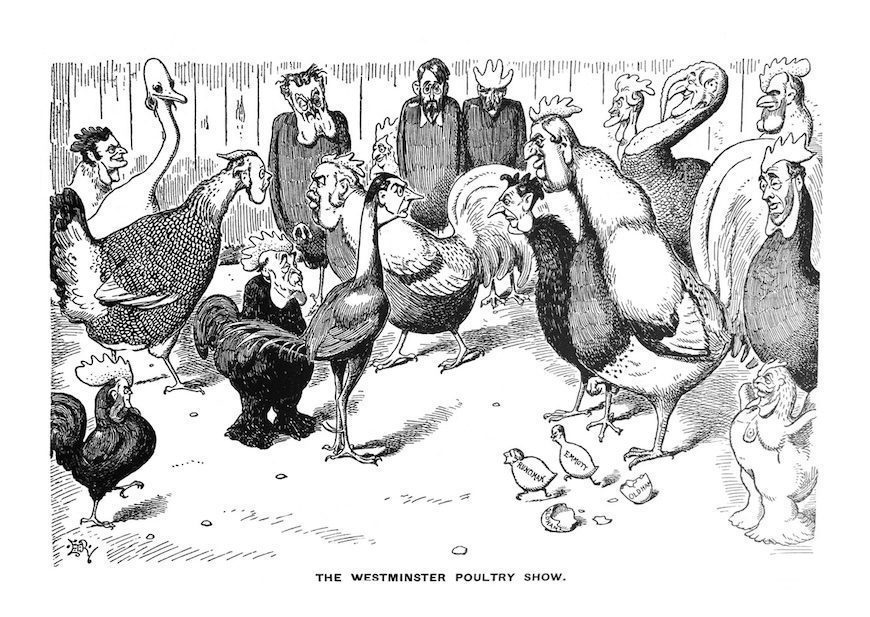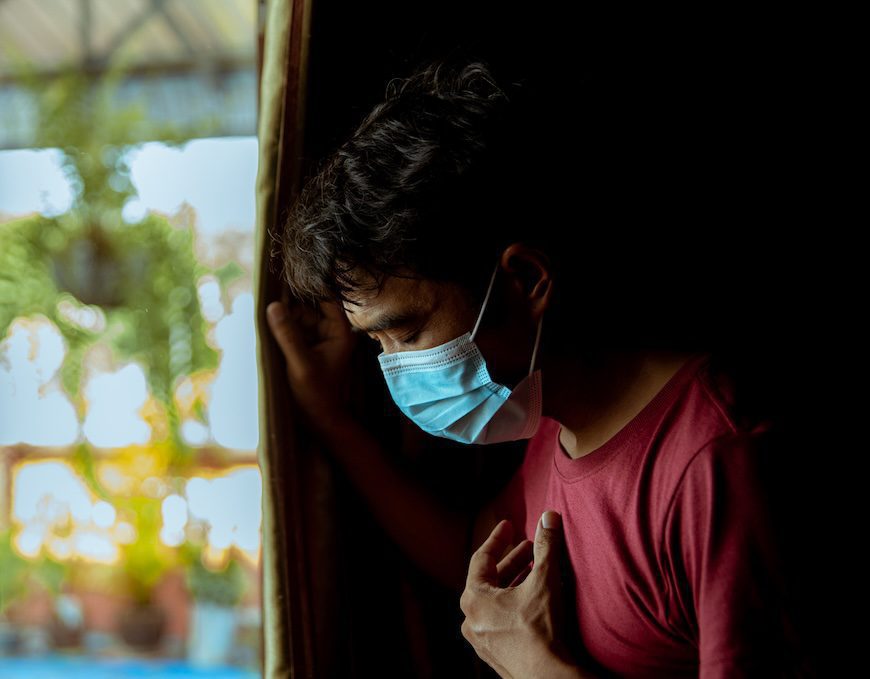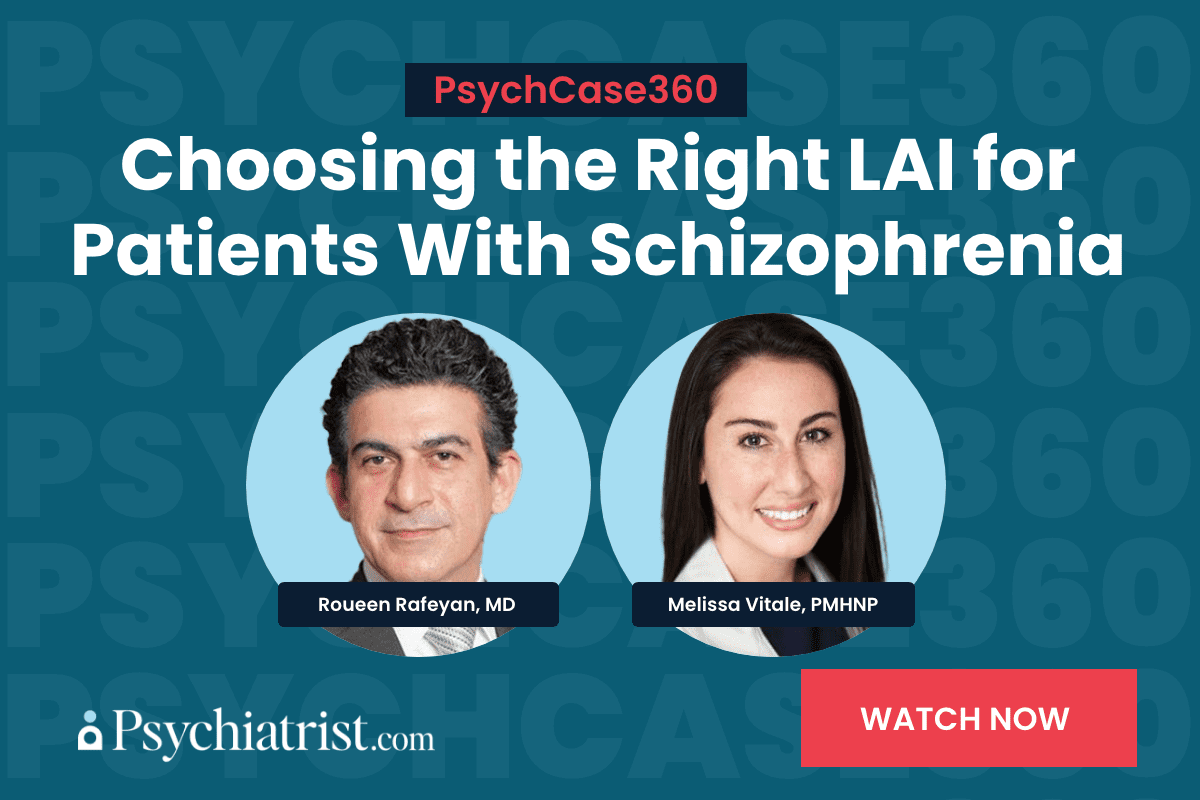Psychiatric or neurological reactions after a COVID-19 vaccine are exceedingly rare. But there are some concerns that clinicians should be aware of and factor into their clinical assessment as appropriate.
The Primary Care Companion for CNS Disorders published three recent case reports detailing neuropsychiatric side effects that are potentially associated with a COVID shot.
Case 1
Palinacousis in a 74-year-old man
An elderly patient began experiencing repeating sounds in his head after getting the second dose of the Moderna mRNA COVID-19 vaccine. Despite developing a severe headache and confusion after the first dose, he received the second dose anyway.
To be clear, he didn’t have “voices in his head” that might signal psychosis. His symptoms were more consistent with palinacousis, which is when someone hears repeated sounds or words in their mind after hearing them in real life or in their own thoughts. The patient found this echo effect extremely annoying and complained that it made it hard for him to think clearly.
As the authors of this case study noted, auditory hallucinations are often the result of some sort of brain injury and not considered a mental illness. Yet brain scans revealed no abnormalities. His care team was never able to diagnose the exact cause of the problem, but it resolved on its own after a few months.
Case 2
Psychosis in a 45-year-old woman
One month after getting her second dose of the Moderna vaccine, this patient developed psychosis, including paranoia and hallucinations. She also reported weight loss and insomnia.
No prior psychiatric, trauma, family history, or personality pathology accounted for the onset of her symptoms. She was treated with antipsychotics, but her symptoms persisted and she was ultimately referred to a neurology department for further evaluation.
The authors of this report offered some potential explanations for this rare reaction to the vaccine, including the possibility of an acute intracranial inflammatory response. Certain mRNA vaccines have been known to trigger a Th17 immune response in some individuals, making them prone to vaccine side effects, including psychosis.
Case 3
Mania in a 22-year-old man
In this case report, a young man experienced his first episode of mania following COVID-19 pneumonitis, isolation, and vaccination, despite having no prior history of mental health issues. However, he did admit to some past use of cannabis, ketamine, and cocaine, but said he had not used any substances for at least a year.
The patient was admitted to a psychiatric inpatient unit and started on medication that helped him recover. At the time of discharge, he still reported some symptoms of mania, but they were less severe than at the onset.
This case is not so cut and dry. The patient was diagnosed with COVID a few days after receiving a vaccine. Since the virus is much more closely associated with neuropsychiatric symptoms than the vaccines, it’s impossible to say which made the biggest contribution to his condition. Additionally, the loneliness and isolation of lockdown may have played a role.
The authors said they’d like to see an investigation on how these factors are interconnected, especially in patients who have never experienced psychiatric issues beforehand.



